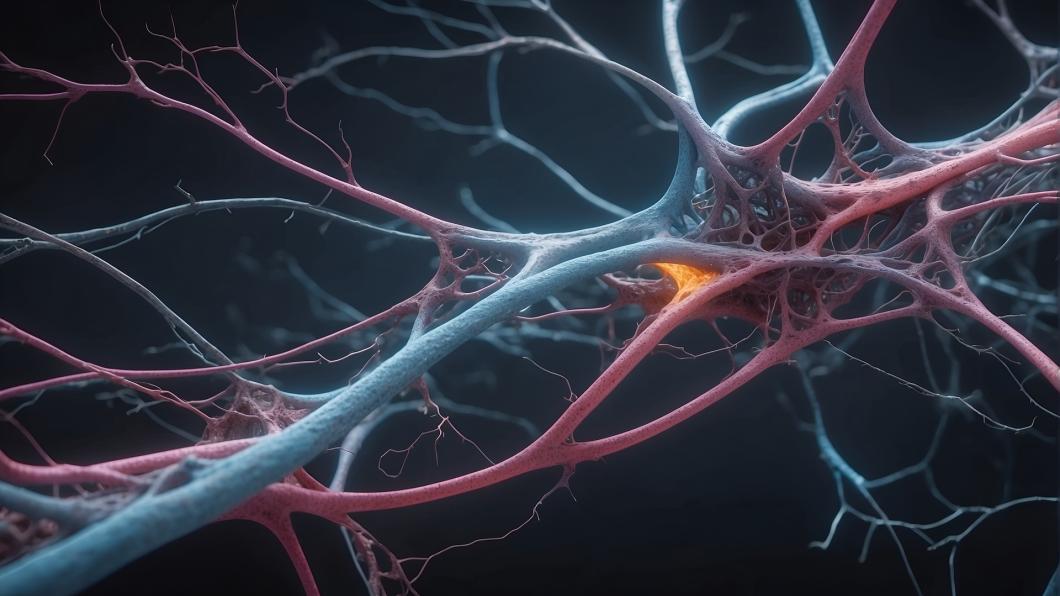
Government of Canada invests over $20M to launch Pediatric Rare Disease Clinical Trials and Treatment Network
The Bloorview Research Institute is among the partners of a new clinical trials network to improve the health outcomes of children living with rare diseases.
In an announcement released Feb. 28th, the Government of Canada will invest $20 million over the next five years to establish RareKids-CAN: Pediatric Rare Disease Clinical Trials and Treatment Network.
Led by Dr. Thierry Lacaze-Masmonteil and the Maternal Infant Child and Youth Research Network team, the network will foster collaboration among researchers, patients, caregivers, health-care providers and policy makers. It will also aim to streamline clinical research and support national and international clinical trials to advance discoveries. This will further enable better prevention, diagnosis and treatments to improve health outcomes of children and teens living with a rare disease.
According to the Canadian Organization for Rare Disorders, one in 12 Canadians has a rare disorder. With more than 7,000 known rare diseases, researchers across the country are working together to give each of these children a healthier future.
![]()
“We’re thrilled to see this investment in children and youth with rare disorders and are excited to be a part of this new clinical trials network,” said Dr. Evdokia Anagnostou, vice president of research at Holland Bloorview and director of the Bloorview Research Institute (BRI). “Through this network, we can continue to advance precision health solutions to provide the best possible care and outcomes to our young partners and their families.”
One of the newly launched network demonstration projects is led by Dr. Anagnostou and her research team. They are working with RareKids-CAN to support a clinical trials network specific for pediatric neurodevelopmental conditions in Canada called the Canadian Clinical Trials Network (CCTN). The first trial through CCTN, the CALM* study, will examine treatments for anxiety across several neurodevelopmental conditions, including rare genetic conditions such as 22q deletion syndrome, Tuberous sclerosis and fragile X syndrome. (*Note: CALM stands for A Randomized Placebo-Controlled Trial of Sertraline vs. Placebo in the Treatment of Anxiety in Children and AdoLescents with NeurodevelopMental Disorders.)
![]()
Dr. Danielle Baribeau, a clinician scientist and child and adolescent psychiatrist at the BRI, is part of the RareKids-CAN and CCTN networks. She notes that many genetic neurodevelopmental disorders are ultra rare, affecting only a few individuals in the world. Large scale randomized controlled trials aren’t possible for such rare conditions, necessitating innovative and targeted approaches when it comes to testing new treatments.
In fact, Dr. Baribeau and her team are currently leading a single subject trial designed in collaboration with and for one family whose child has an ultra rare genetic condition that affects how her neurons fire. The team is testing an existing medication to see whether it can support the child’s cognitive and motor development. This project is also a pilot demonstration project within the RareKids-CAN network.
“The RareKids-CAN network is about building infrastructure and partnerships to support trials in rare disease in Canada,” says Dr. Baribeau. “I’m excited about being part of this network, as it will help pave the way to support and test personalized and individualized treatments tailored to children living with rare conditions.”